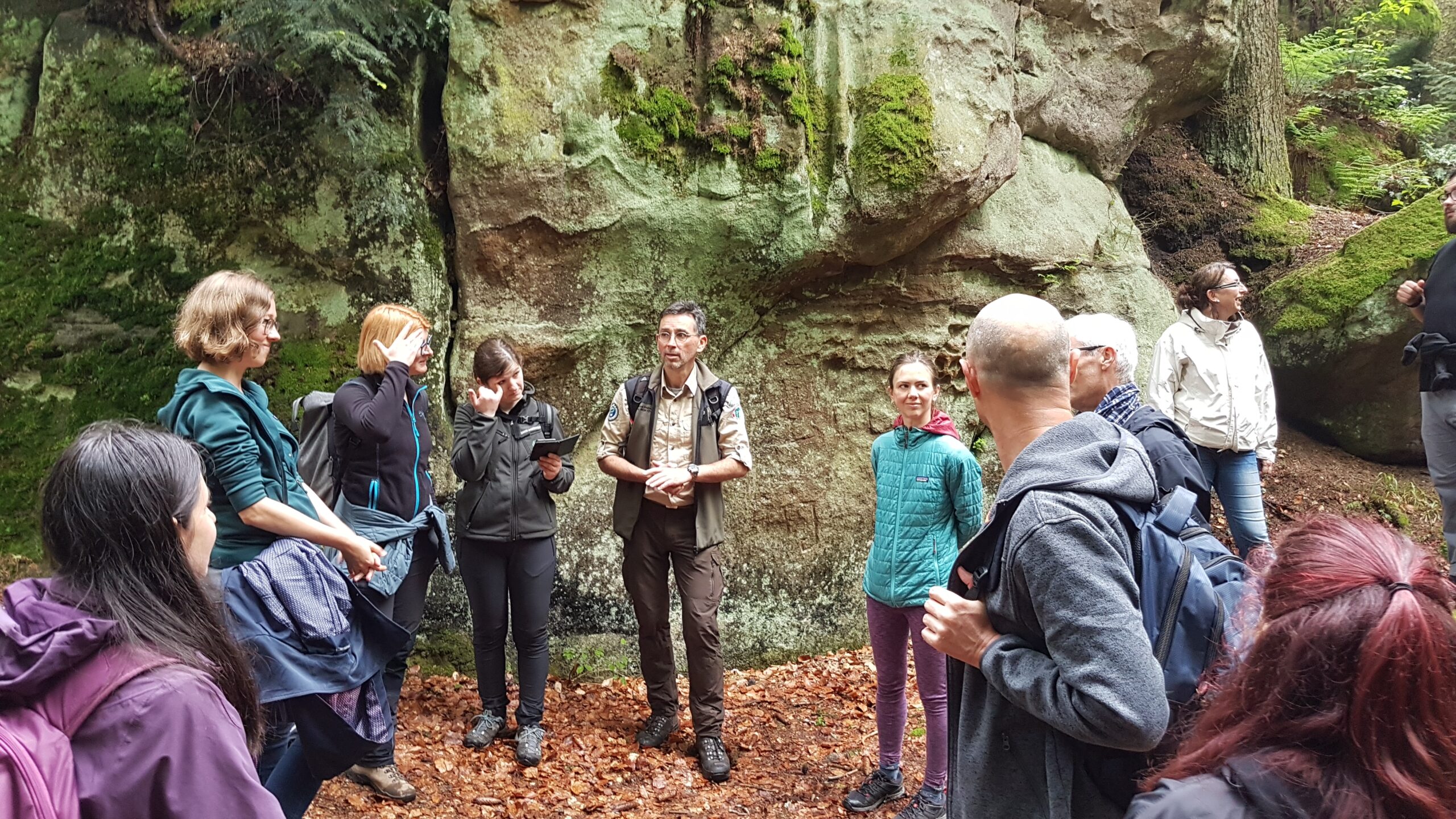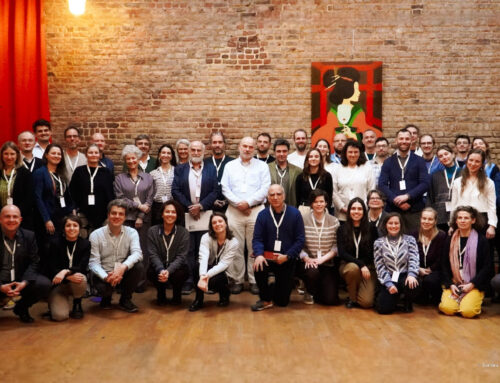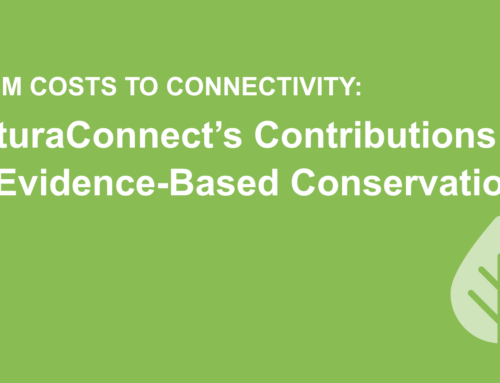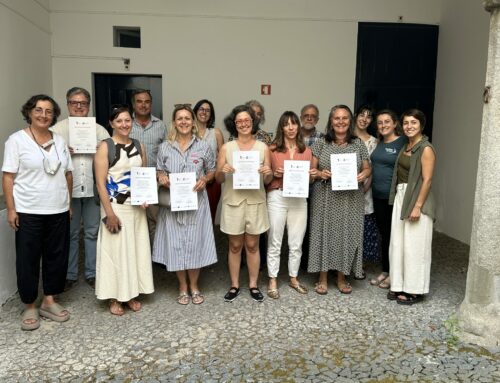NaturaConnect at the 14th Carpathian Convention Working Group on Biodiversity Meeting
Vsetín, Czechia, 22-24 May 2023
The Carpathian Convention Working Group on Biodiversity met in Vsetín, Czechia from 22-24 May to share ongoing work ahead of the Convention’s Conference of the Parties in Belgrade, Serbia, scheduled for October 11-14, 2023. The Biodiversity Working Group meeting coincided with the Carpathian Convention’s 20th Anniversary. The seven countries involved (Czechia, Hungary, Poland, Romania, Serbia, Slovakia, and Ukraine) signed the Convention in Kyiv, Ukraine, on May 22, 2003. NaturaConnect extended its warm congratulations on this occasion.
During the Biodiversity Working Group meeting, NaturaConnect had the opportunity to present the project and facilitate an interactive session on the topic of the Trans-European Nature Network in the Carpathians. The Carpathians are part of the Danube-Carpathian Transboundary Region case study within the NaturaConnect project, focusing on co-designing tools, strategies, and capacity for the development of the Trans-European Nature Network (TEN-N). The project is a Horizon Europe project supporting EU Member States in designing a coherent Trans-European Nature Network (TEN-N) of conserved areas, to help meet the EU Biodiversity Strategy goal of protecting 30% of land in the EU by 2030.
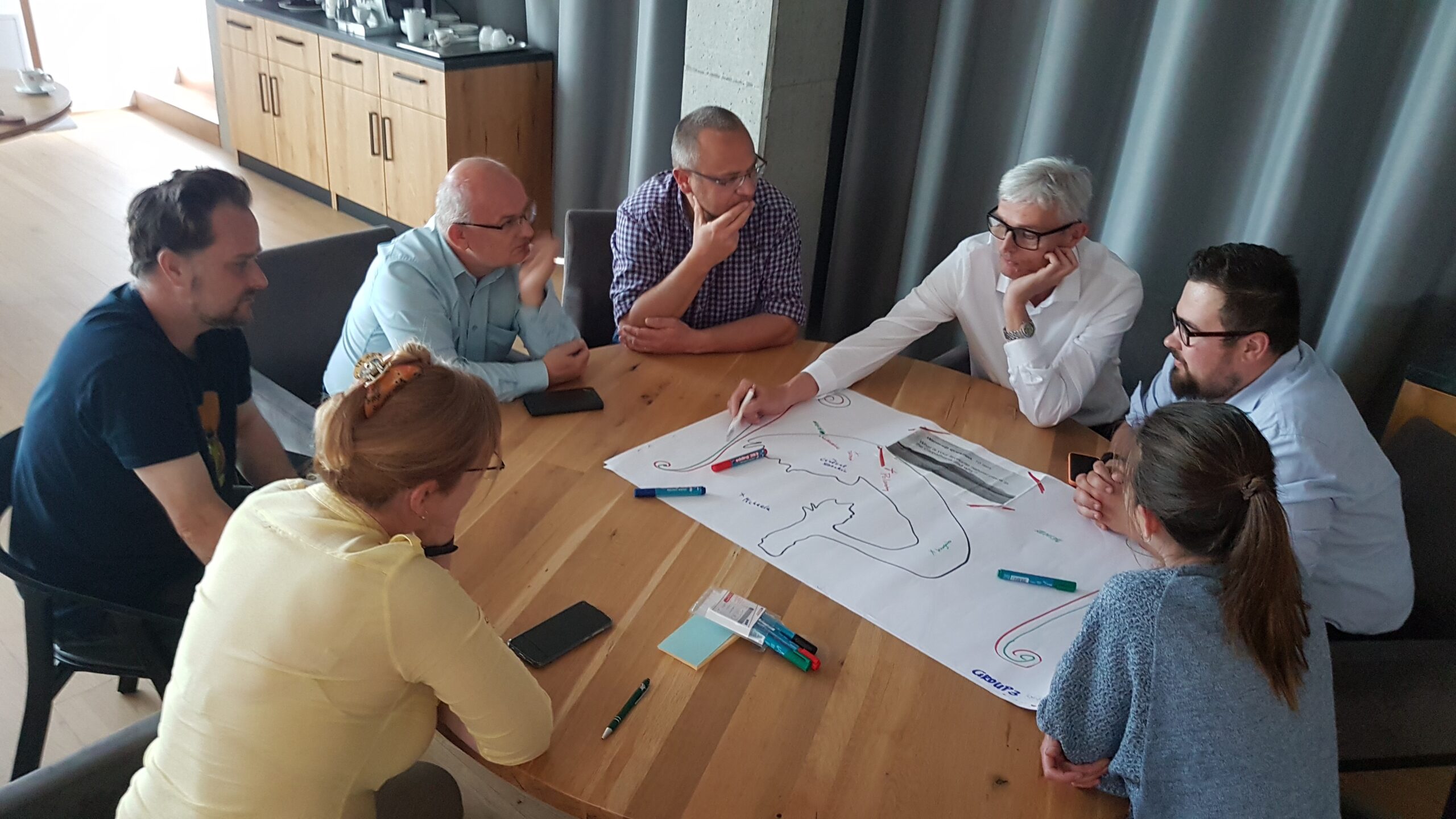
During his presentation, Piero Visconti, the NaturaConnect project coordinator, introduced the project’s context, objectives, and activities. He emphasized the positive impact of the EU Biodiversity Strategy for 2030 on extending protected areas and promoting ecological connectivity. However, he also highlighted the challenges ahead, including the diverse approaches of EU Member States and highlighted the challenges ahead, including the diverse approaches of EU Member States, and the importance of including neighbouring countries which are not members of the EU but are important contributors to biodiversity protection in the region The project aims to provide scientifically sound data, planning tools and recommendations for creating and implementing TEN-N in the region.
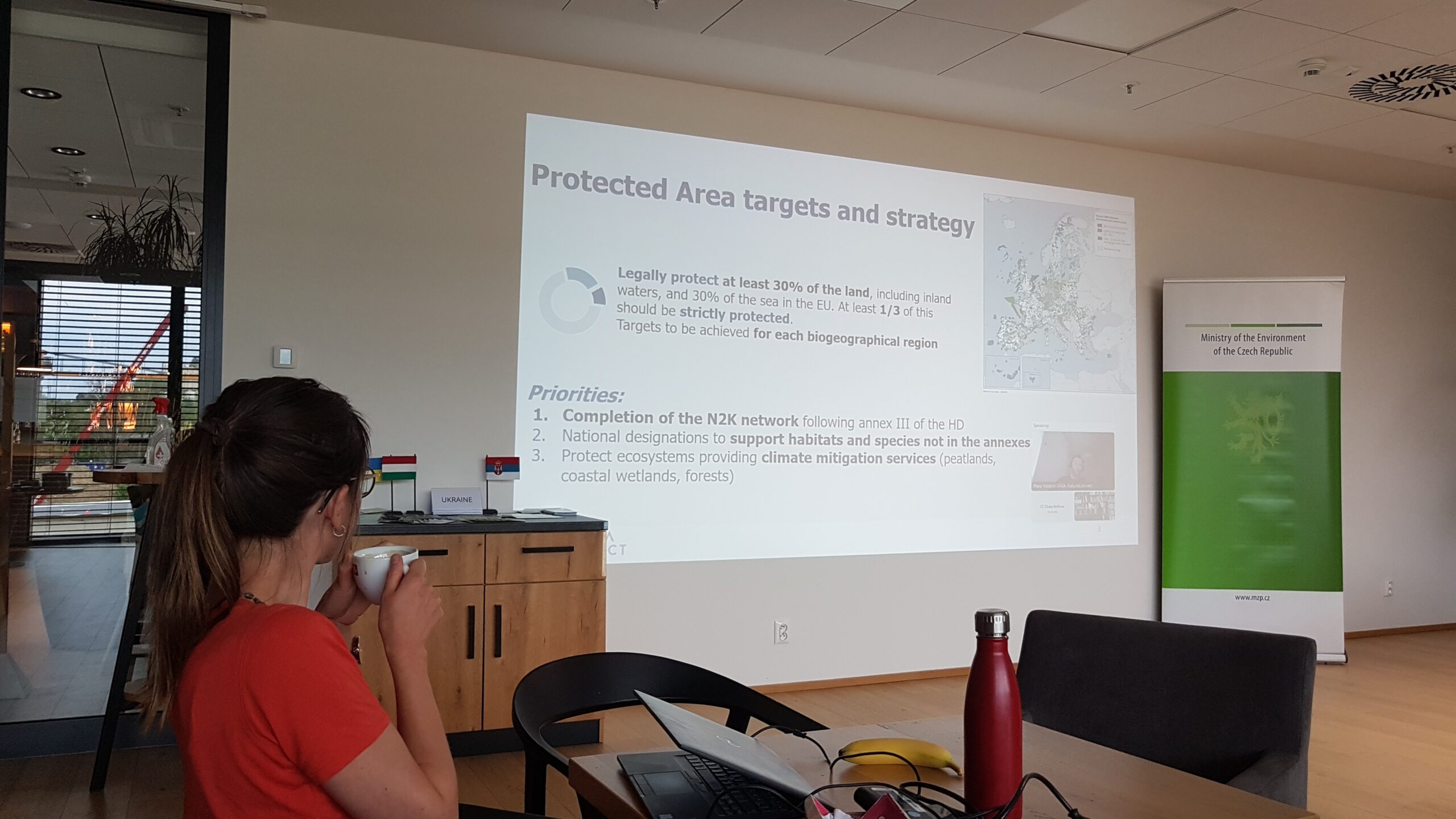
The interactive session, facilitated by Hildegard Meyer (WWF-CEE) together with Harald Egerer (Head of Secretariat of the Carpathian Convention), Éléonore Chenevois (WWF-CEE) and Cristian Papp (WWF-RO), aimed to foster closer collaboration between the Carpathian Convention community and the NaturaConnect project, focusing on policy-related activities. Discussions centred around studying protected areas, ecological connectivity governance, and identifying best practices in the region. The breakout groups explored barriers, funding possibilities, and engagement strategies within the seven Carpathian countries.
Participants acknowledged barriers related to unsustainable development, lack of compensation, and conflicting legislation. However, they also recognized the enabling role of international treaties, EU legislation, and funding mechanisms. Examples of good practices in transnational collaboration for ecological connectivity, particularly for large carnivores, were shared. For example, cross-border protected area managers have collaborated on joint monitoring efforts and unified inventory systems.
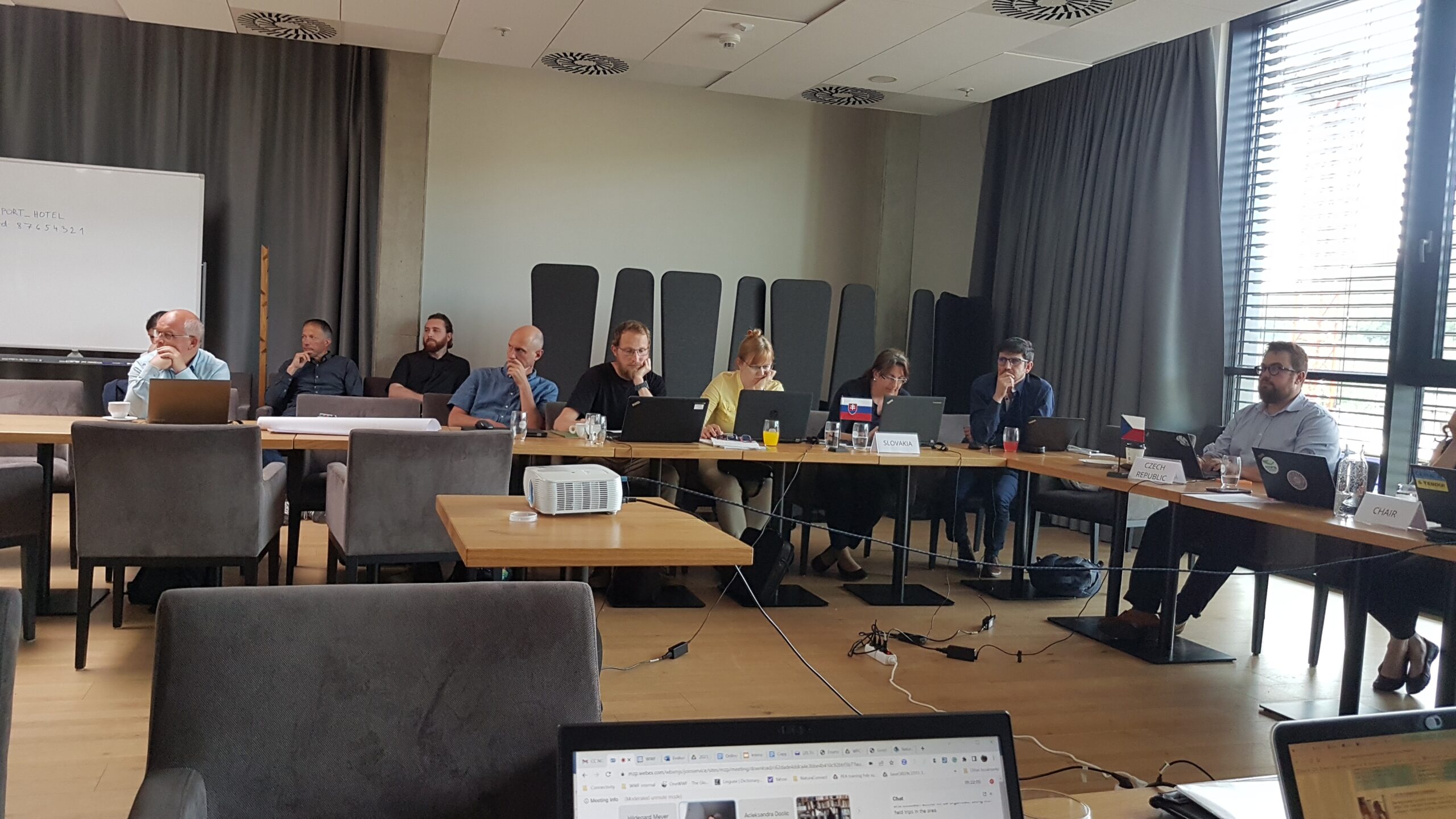
The participants concluded that countries collaborate officially through ministries, conservation agencies, and projects, as well as through personal contacts. NaturaConnect will integrate the workshop’s results into its work and maintain close collaboration for further project outputs.
The meeting ended with a delightful hike through the Beskydy Protected Landscape Area, showcasing its remarkable sandstone formations.
